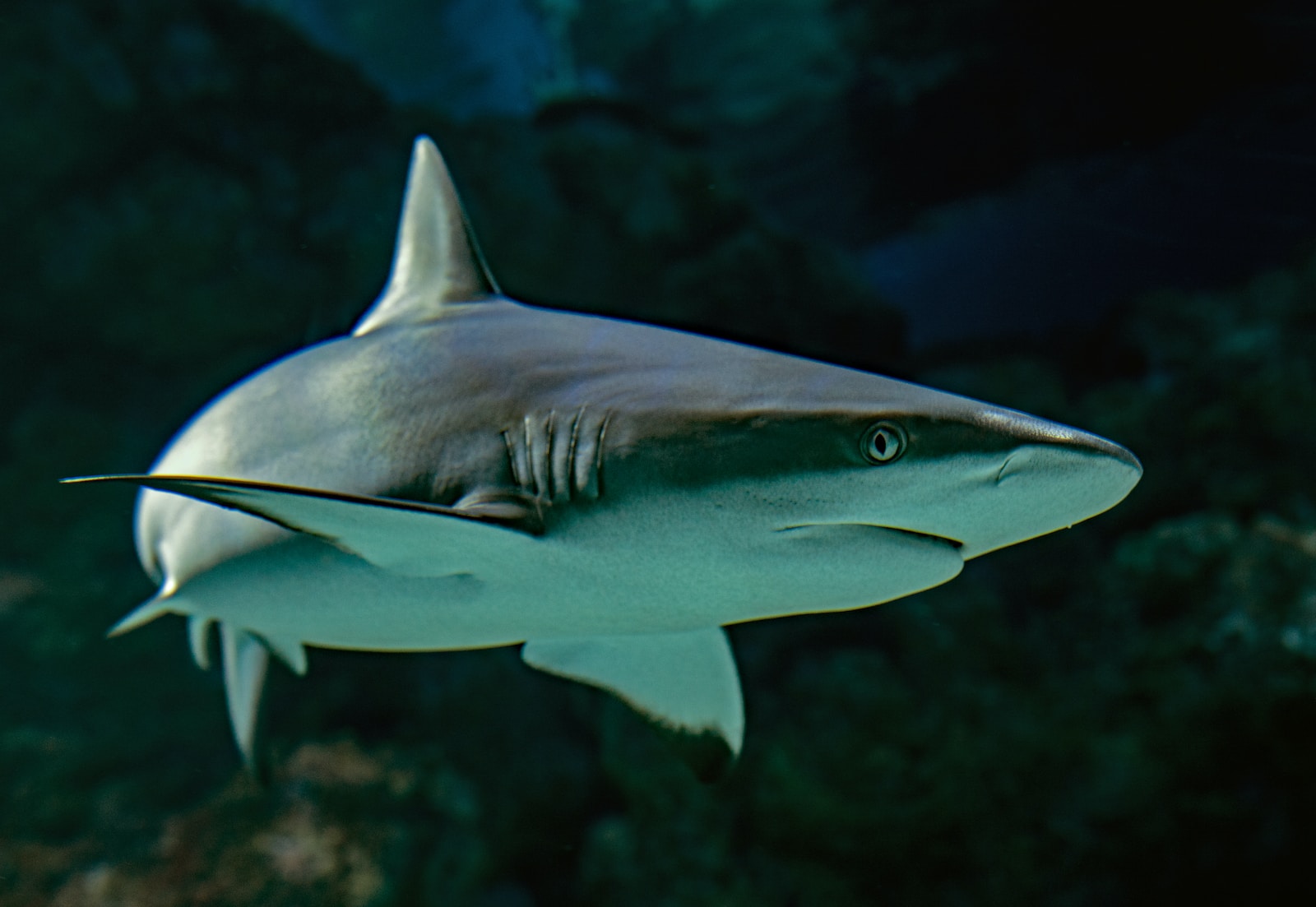The use of shark nets at Wollongong beaches has sparked controversy, with critics arguing that they belong in the last century and advocating for alternative measures. The debate centers on the effectiveness of shark nets in preventing shark attacks and their potential impact on marine life.
Proponents of shark nets argue that they are the most effective means of mitigating the risk of shark attacks. According to a spokesperson, comparing the alternatives available on Sydney beaches, none are as effective as the current shark nets in place at Wollongong. The installation of shark nets aims to enhance safety and provide peace of mind for beachgoers, particularly during peak swimming seasons.
However, critics contend that shark nets are outdated and have significant negative environmental consequences. In the past, shark nets have been known to entangle various marine creatures, including dolphins, turtles, and other non-targeted species. This has raised concerns among environmentalists and advocates for marine wildlife protection.
Given the ongoing preservation efforts to protect marine life and ecosystems, there are alternative strategies and technologies that can be explored. These include modern shark deterrent systems such as eco-friendly barriers, personal deterrent devices, and drone surveillance. These alternatives aim to minimize harm to marine life while still addressing the safety concerns of beachgoers.
It is crucial to strike a balance between protecting human lives and safeguarding marine ecosystems. Governments and coastal authorities need to evaluate the effectiveness of existing shark nets and consider adopting sustainable and non-lethal alternatives. By embracing innovative approaches, we can enhance beach safety and protect the marine biodiversity that is vital to our ecosystems.
For more information, read the original article here.



